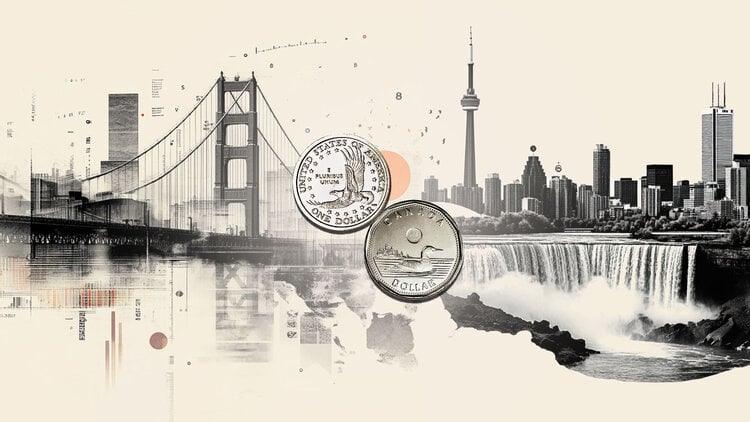An unprecedented survey carried out by the International Labor Organization (ILO), one of the agencies of the United Nations (UN), shows that most companies in Brazil think about expanding diversity among employees, however, they still do not promote real inclusion of refugees, blacks, the disabled, LGBTQIA+ people, ex-convicts and the population over 50 years of age.
The survey, released this Wednesday (10), reveals that 87% of respondents say that companies want to be recognized for valuing diversity. However, the proportion drops when it comes to preparing the environment: 60% of respondents say that institutions develop inclusion programs.
According to ILO data, more than half of respondents (55.71%) say that the companies they work for are very concerned about the inclusion of marginalized groups in the corporate environment. About 34% of people say that the company is partly worried, and another 10% guarantee that there is no such concern in the workplace.
Maite Schneider, coordinator of Somos Diversidade and co-founder of TransEmpregos, a project for employing transgender people, says to CNN that many institutions know how diversity is positive, but they still need to break myths and taboos.
“These groups that we mapped do not even reach the entrance door, who would say to enter and remain inside the company. It is very rare for this to happen, and it has been happening for a very short time. Institutions know that diversity is important, that it is good for business, but little is done yet”, says Schneider.
“Many people think it’s expensive, they don’t know how to start, or they do it in a forced way, because the headquarters is outside the country and there was already an established inclusion policy. In fact, several policies carried out in Brazil are a copy of what is done abroad, without taking into account the internal diversity that already exists in the Brazilian market”.
About 78% of respondents said that their companies advertise vacancies encouraging the candidacy of these groups, even if they do not advertise constantly.
Schneider emphasizes, however, that institutions are still below the expected level both in terms of recruiting these people, as well as in their entry and permanence in the firm.
“The selection processes make it difficult for these people to enter in every way. Unfortunately, companies are not prepared to attract talent. To give you an idea, at Transempregos, 40% of the curricula have undergraduate, master’s and doctorate degrees. And many companies aren’t concerned about attracting these talents. And even if they are recruited, people don’t give benefits like inclusive policies or internal affirmative action. In addition, sometimes hostile environments make institutions lose these talents, because it is an environment without psychological security and devaluation”, emphasizes Maite.
Also according to the survey, 99% of workers claim that the least represented group within companies are people who have left the penitentiary system. Then appear migrants (96.36%) and transsexuals (93.33%).
According to Thais Faria, Technical on Fundamental Principles and Rights at Work for Latin America and the Caribbean, it is essential for the company to see and face prejudices in relation to these specific groups, which are even more excluded. She claims that only through affirmative policies aimed at this audience is it possible to achieve balance within the work.
“This data is not only important for us at the United Nations, but also for local governments and other initiatives. Thus, it is possible to promote public and internal policies of companies. Research shows that even in the inclusion process, there are people who are not included. For example, it is no use working with the LGBTQIA+ population and only employing white gay men. We need to work with all diversity”, stated Thais Faria.
Perspectives for the future
Future prospects are better. Approximately 80% of respondents believe that the number of people who are part of marginalized groups is likely to increase over the next two years.
“When you have a diverse environment, you don’t need to talk about inclusion. Inclusion only exists when there is exclusion. So the main objective is for you to have a diverse environment for all people and not a process of insertion, as we have to do now”, highlighted Faria.
The survey entitled “Apprentice Diversity” interviewed 362 employees in the services, industry and commerce sector in Rio de Janeiro, São Paulo and Paraná. Altogether, about 69% workers are from medium or large companies, with more than 500 employees.
“Despite the number being much lower than the actual representation, a fundamental concern of the survey was to have a variety of people interviewed and the fields of activity of the companies. This is perhaps one of the first surveys that we have in this area, which shows a little the reality of the labor market, both on the side of employees and companies”, said the technician from the International Labor Organization.
*Under supervision of Helena Vieira
Reference: CNN Brasil
I am Sophia william, author of World Stock Market. I have a degree in journalism from the University of Missouri and I have worked as a reporter for several news websites. I have a passion for writing and informing people about the latest news and events happening in the world. I strive to be accurate and unbiased in my reporting, and I hope to provide readers with valuable information that they can use to make informed decisions.







